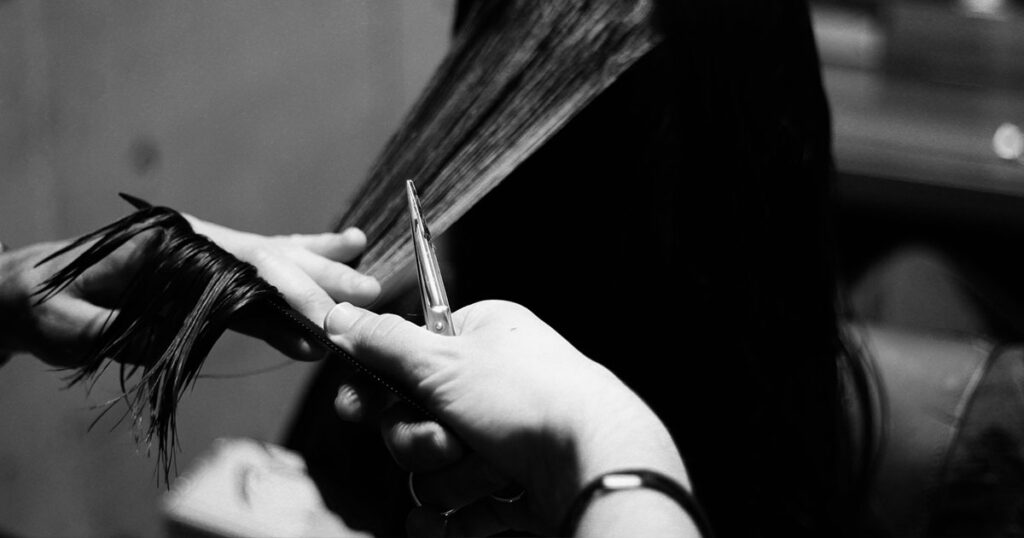
An elective visit to the plastic surgeon used to be a disgraceful thing, but now public perception has changed, and rather than seeming akin to cheating on an exam, a doctor’s help is like studying for it. You are preparing yourself for the test, when you turn your face or body to your fellows and submit to their inspection and judgment. It shows pride and requires an effort to twist fate to give you what you want rather than taking the easy way and just accepting a less than fabulous aspect. Going to the plastic surgeon is on a par with going to the gym—taking care of yourself to look the best you can. My uncle surprised me many years ago by suggesting that makeup and good clothing were practically a woman’s duty to her fellows, to show them the consideration of looking her best. I don’t remember what he said about a man’s duty. I was too astonished to pay proper attention. I had always considered freedom from concern about appearances, not attention to them, to be the goal.
My uncle was a surgeon, though not a plastic surgeon. I wonder what he would have thought of people going under the knife so regularly for aesthetic concerns when he occupied the operating theater to save his patients’ lives. Surely he would rate one intervention higher than the other, tend to see one as noble and the other as less than that?
It’s true that certain plastic surgeries correct disfiguring marks that can burden a life. But more and more patients use plastic surgery for aesthetic enhancement, not to reduce hardship. People, I learned from an article on elective plastic surgery, even go with the picture of some star and ask the doctor to make them look like the person in the photo. After my move to La Pola, I did the same thing at a new haircutter’s because I had never had any luck in the past explaining the look I was after. But instead of someone else’s image, I brought up on my phone a picture of myself from six years earlier. “That’s what I want,” I said.
“Is that you?” the haircutter asked. I heard a note of surprise.
“Obviously!” was my silent response. But rather than feel miffed at the possible implication that I had changed beyond easy recognition, I chose to take her question as a compliment, and I shifted out of my slump to sit up straight. It was a nice photo. I hoped to get a little reflected glory. I gazed at the photo. Aloud, I said, “Yes, me, half a dozen years ago.” It was really more like eight or nine.
“Looks like your hair was thicker then.”
“Thinning hair is not the only loss,” I said with a laugh as she got started cutting.
If you want something done your way, do it yourself, they say, but perhaps not when it comes to cutting your hair, when it is impossible to get the same distance another can get. I think of my aunt, my surgeon uncle’s wife. She had wonderful thick hair that she wore in a wedge cut, and she cut it herself, reaching over her shoulder with the scissors to snip. It always looked good, but her attitude suggested it just turned out that way, and looking good was not the point of the cut or of cutting her hair herself. I would say, remembering her haircut, that she was not a vain person. And yet, in my mind, the haircut—both the look of it and the manner of achieving it—reflected well on her. She would have known that. The Spanish critic and man of letters Francisco Umbral said that if not for vanity, nothing would get done. Is Umbral right? Could vanity be behind the move away from vanity? Of course. Less vanity is more humility, and one can take pride in that too. As Louis Menand wrote in a 2006 New Yorker essay about phone ringtones, the compensation for losses coming with age is the appreciation of new things. “Ramps,” he writes, “are an example. Try getting a teen-ager to appreciate a grilled ramp. Try getting a teen-ager to appreciate another person, for that matter. We may lose hormones, but we gain empathy.” Such an excellent writer. He goes on, “The deficits, in other words, are not all at one end of the continuum. Readers who are over twenty may not hear the new ring tone; if they had it on their phones, it might as well be silent. But most readers who are under the age of twenty will not be able to ‘hear’ this Comment.” But I can, loud and clear. The evolving me can hear so much that is new.
But is that what I want—to compete with my younger self for excellence? I want to not compete at all, to not compare. Not this haircut—which, by the way, looked really good—with an earlier one, or my present attitudes with previous ones. I want to reflect less. I want to be like Mary Oliver’s grasshopper in her poem “The Summer’s Day,” eating sugar from the poet’s hand and then thoroughly washing its face. And not because Oliver was watching. Who made it, asks Oliver? I wonder too. I want to be like that, gloriously straightforward. Make me like that, reflexive, not reflecting. But don’t let me know. In case I worry about my performance or take pride in it.

